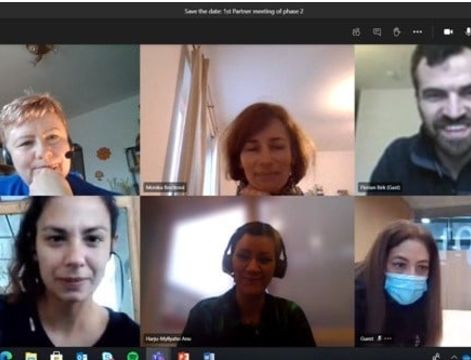
A year marked by the pandemic
The COVID19 pandemic that has affected the whole world has also modified the plans for this year that is ending.
SOCENT SPAs will foster interregional cooperation among six public/private entities of Finland, Germany, Slovakia and Spain in a view to improve the effectiveness of regional policies in actively supporting the visibility, incubation and acceleration of social entrepreneurs in sparsely populated areas (SPAs) as a driver to regional competitiveness and inclusive growth.
In SPAs, demographic trends are a particular challenge. As counter-measure, social innovation needs to be developed to promote employment and competitiveness as it can make a real difference as a source of innovative approaches for resolving societal challenges through mobilizing civil society to further inclusive socioeconomic development. Social Enterprises (SEs) directly benefit local development and correct major socioeconomic imbalances while benefiting local communities, a crucial asset to secure the population in SPAs. However, bespoke support for SEs is limited; policymakers can play a significant role by setting up the right legal framework.
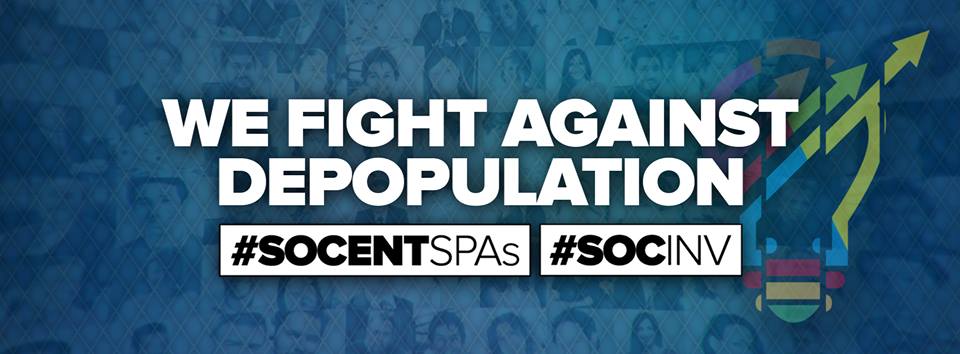
Thus, to influence policies in a view to enhance SEs’ visibility and competitiveness whilst taking into account SPAs’ conditions, interregional exchange of knowledge and successful experiences/good practices will be fundamental.
With an integrated approach, a comprehensive learning process based on identification, analysis and transfer will be implemented through workshops, site visits and meetings with stakeholders. Based on the learning acquired, action plans aiming at integrating SEs in SPAs support schemes into policies will be developed. Communication will play a crucial role in supporting the action.
The main outputs will be a best practices guide for SEs in SPAs and 4 implemented action plans. The main results will be policymakers' awareness raised on SEs as a driver to inclusive growth and their capacities increased in identifying SEs’ needs and addressing these adequately in their policies to create an enabling legal environment for SEs.
€942,896.00
SME competitiveness
The main objective of measures needed to be improved in the region of Castile and León is to foster the social entrepreneurial spirit, boost the creation of new business and enhance the skills of social SME to grow in sparsely populated areas (SPAs) through advanced support services and facilities. Based on the study of RIS3, it is necessary to deep in some structural elements which will allow to improve the incorporation of innovation in social enterprises as well as to work on the measures of the Operational Program in issues aiming at creating business incubators (more specifically to improve access to funding and advanced support services), reinforcing social enterprises. The improvement will be oriented on the design of policy instruments focused on improving social SMEs’ competitiveness through advanced support services.
On that grounds, it is necessary to put in place a comprehensive integration and acceleration program for social entrepreneurs that are going to develop their projects in SPAs as well as to create a program of grants and guarantees which will provide these social enterprises the necessary funds to start, grow, or diversify their business; these measures will foster growth, create employment and contribute to the alleviation of the problems linked to depopulation in the region.
2014 the EC approved the Operational Programme of the state of Brandenburg for the ESF 2014-2020 (OP BB). One objective of this policy instrument (PI) is to promote innovation and entrepreneurship.
Against the backdrop of deteriorating entrepreneurial dynamics and the continuing high unemployment rates in Brandenburg (BB) the support of start-ups is a way to foster competitiveness and economic growth and to keep skilled workers in the region (OP BB, p. 8). The priority of the PI is to facilitate self-employment, increase the innovative power of the BB economy and improve the start-up support. The majority of the regions addressed by the PI is far behind compared to the start-up support in metropolitan areas Berlin / Potsdam. SPAs in BB are structurally weak areas that provide little incentives for the objective and the priority of investment of the PI. That is little incentives for entrepreneurship as well as for skilled professionals and young people to live in this areas which leads to depopulation and a lack of public services. In order to reduce depopulation, it requires innovative activities.
With regard to the OP BB and the European Commission the promotion of social entrepreneurship and the support infrastructure should be improved: Social Entrepreneurship has potential in the field of entrepreneurship, increases employment rates, is highly innovative; start-ups often addressing unemployed workers, pay special attention to start-ups by women and migrants.
EC has introduced Smart Specialisation policy concept in order to support the regions and to boost competitiveness and innovation. Strategies help regions integrate their development efforts through EU financing. Lapland’s Arctic Specialisation Programme (RIS3) focuses on the points of departure and opportunities of Lapland’s smart specialisation and on concrete draft proposals. The key target group is financing authorities and Lapland’s development organisations. The programme recognises the role of Lapland as an Arctic living environment, in which development efforts are constantly pursued in close interaction with inhabitants and the nature. The key objective is to develop Arctic fields of business whose sustainable utilisation will offer opportunities to exploit its commercial expertise in the short, medium and long term. Another aim is to offer employment to inhabitants and provide companies with preconditions for new business. Social entrepreneurship (SE) is still a relatively unfamiliar concept in Finland. SEs are not mentioned in the legislation and only the position of them is defined by law. Therefore, SEs don’t receive any special support for their operations. By the project influencing the policies and policy making, the SEs will be visible in the policies and programs and special emphasis on them will be enabled. SEs will offer the communities in sparsely populated areas new, innovative possibilities to generate activities to benefit the community.
The activities implemented under specific objective (SO) 6.2.1 of the OP should enable the support of social enterprises with a view to increasing the employment rate of inhabitants of marginalized Roma communities.
Evaluation of projects under SO will include assessment of:
- conformity with the aims of the “Strategy of SR for the integration of Roma up to 2020”
- the ability of projects to increase the employment and employability of Roma,
- the ability to apply elements of social innovation.
Among the indicators of the SO is
- Number of enterprises receiving support (100)
- Employment increase in supported enterprises (500)
The total budget allocated for this SO is €47 mil.
As for the SO 3.1.1. of the OP, the activities implemented under this SO should result to:
- Increased employment and employability of the long-term unemployed, poorly qualified, elderly, and disabled persons
- Reduced unemployment, especially long-term, and unemployment of poorly qualified persons, including the Roma
- Introduction of new instruments for integration of disadvantaged jobseekers, especially of those in long-term unemployment, into a sustainable employment
- Increased number of companies/entities in the field of social economy
None of the indicators specified under this SO does explicitly define the social entrepreneurship, however, the social entrepreneurship is mutually accepted as one of the tools for decreasing the employment in the country as such

The COVID19 pandemic that has affected the whole world has also modified the plans for this year that is ending.

Today we want to present you PresuraTV.

A brief chronicle of the last visits we have received.
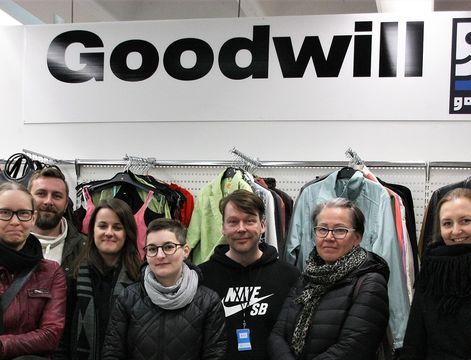
The Lapland University of Applied Sciences hosted another bilateral visit in the frame of the SOCENT SPAs.
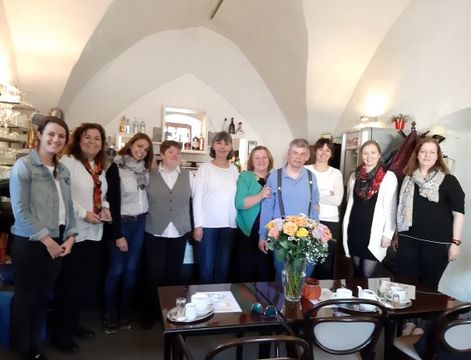
On April 1st -2nd 2019 Slovakia and Spain held a bilateral meeting
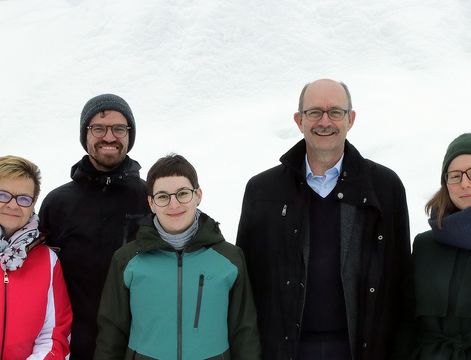
The Lapland University of Applied Sciences hosted the first bilateral visit
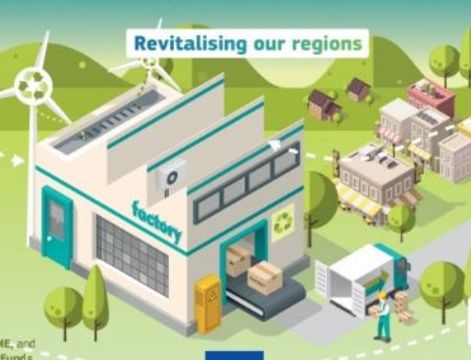
Smart Specialisation Platform for Industrial Modernisation - Thematic Partnership on Social Economy
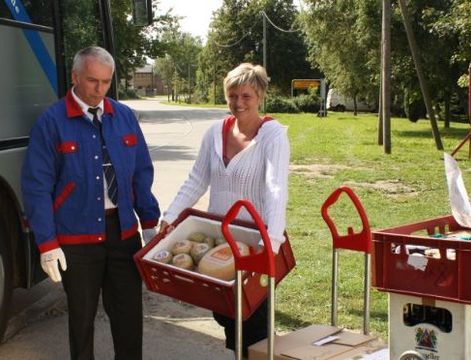
The public busses of the Uckermärkische Verkehrsgesellschaft (regional public transport company) not only carry passengers.

Two experts from the Finnish team write an article in the magazine 'Arjen turvaa Lapissa'
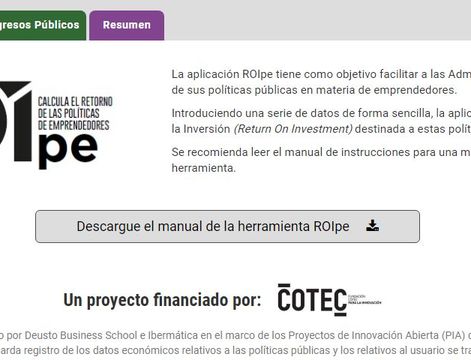
In the seminar held in Finland we learned about some good practices. Today we begin to know them